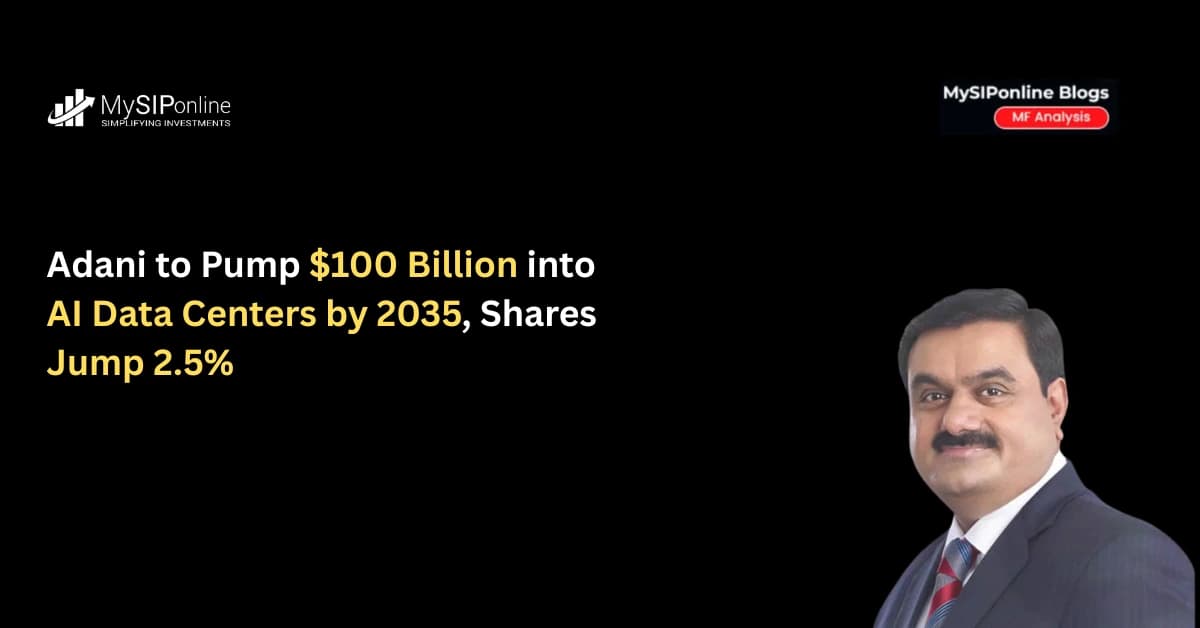It’s never too early to start planning. And when it is about preparing for tax savings, the time is always now. Though this is the beginning of the new financial year and all your tax burden for the last year has come to an end on March 31, 2017, you must not sit idle but start thinking about the next March 31 right away.
Every smart taxpayer plans the taxes at the beginning of the year. He/she does not wait for the year end to make a loss rather than saving on taxes. This has been proven that those who do a year-end tax planning fail to gain a good income and in fact, many a time get into a bad situation. Waiting for the year end, and then preparing for the taxes is absolutely a bad idea. So if you don’t want to make a poor plan for saving on your taxes for the next year, then here are the best tips to get started now.
1. Run the “what-if” scenario for the upcoming tax year
The use of online Tax Planning Calculator can help you in this. You must make a plan believing that there will not be much changes in the provisions, and set a plan with the most likely scenario, to begin with your tax saving plan. With this what-if analysis, you would be able to compute how much the values for taxes get affected with different factors and how you can manage them.
2. Find out the expenses which are deductible
There are various expenses provided in the Income Tax Act, 1961, which are deductible to a certain limit. You can consider such expenses and make sure to keep the bill for such spendings as proof for showing off at the time of filing returns.
3. Try to match certain deductions to the high-income years
Although we cannot predict expenses as they are based on the requirements at some point in time, sometimes we can measure the correct time to buy an item which allows us deductions in our taxes.
4. Stay updated with the amendments in the Act
Income Tax Act which provides various rules related to taxes keeps updated with the required amendments or changes from time to time. It is essential for the taxpayers to stay updated with the same so as to avail the benefit or manage adverse effect if any occurs with the amendments.
5. Estimate the tax impact before selling an asset
Selling an asset attracts capital gains which are taxable as per the provisions of the Act. You must know in advance that whatever you are going to sell off this year if earns a profit shall be taxable. So before selling an asset, you must evaluate the impact it will cause on the taxes for the next year.
6. Make an 80C investment to avail exemption
Under section 80C an investor can avail the exemption up to Rs.1.5 lakh (as per the current law) on the total taxable income which further reduces the tax burden. You can opt for the ELSS investment SIP plans now to make an easy investment in the mutual fund, which will help you reduce your tax burden and earn you capital appreciation in the long run.
Year-end rush for tax saving is quite common. But if you want to do something productively for your tax savings, then beginning early would be better.
Tax planning calculator will assist you in making a decent plan, keeping the major factors in mind. Furthermore, it will recommend you the best tax-saving funds as well, to start investing now for a better future. So don’t just think of planning, start your tax management now!
MySIPonline and its team will help you in making the right choice for 80C investments. You must get associated with us to make your tax planning effluent.




.webp&w=3840&q=75)






